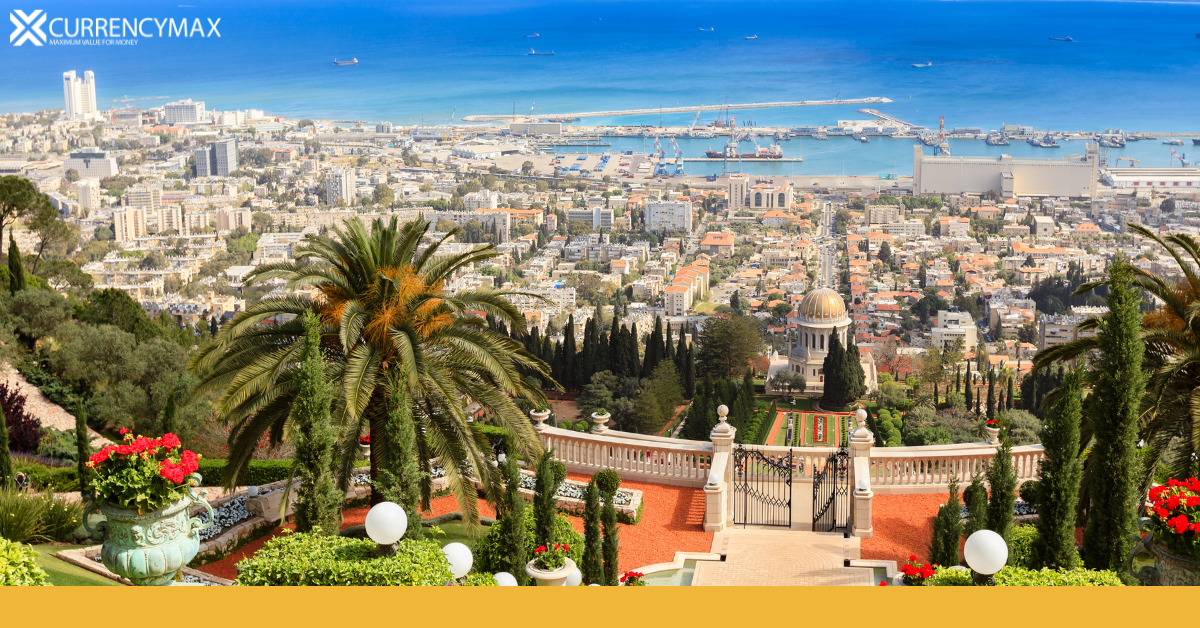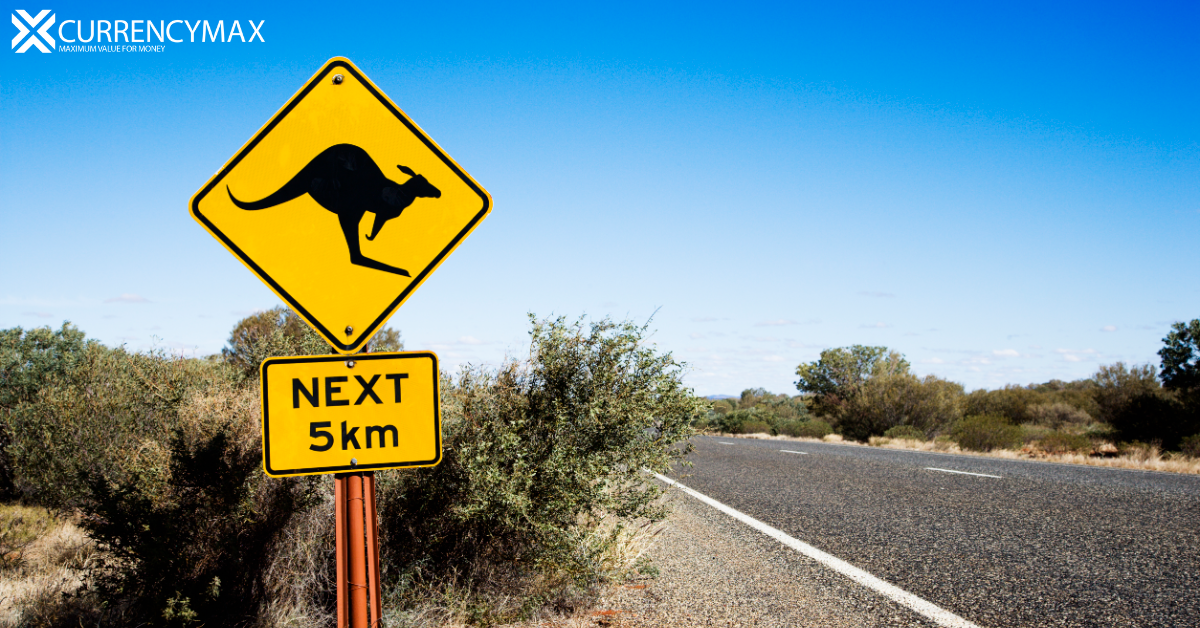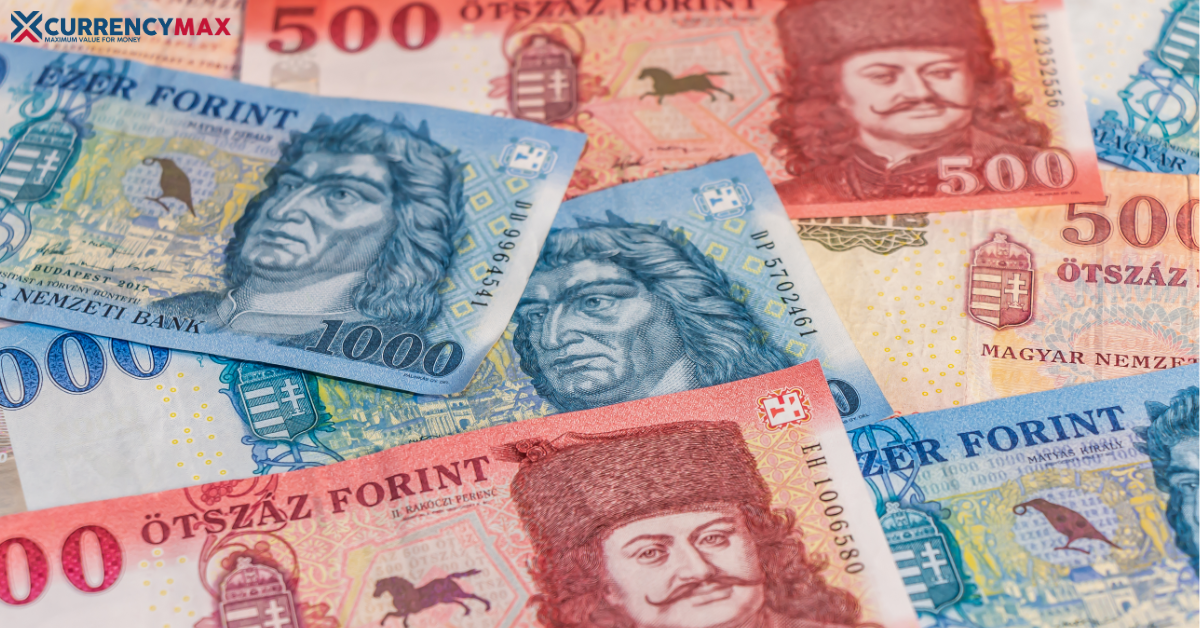Israel is a treasure trove of cultural experiences, blending ancient history with vibrant modernity. For travelers from the UK, understanding how to make the most of your budget in Israel can enhance your visit, allowing you to immerse yourself fully in the rich heritage and diverse culture of this Middle Eastern gem. Here’s how to spend your Israeli New Shekels (ILS) wisely while exploring the cultural heart of Israel.
Understanding the Israeli New Shekel
Before diving into your cultural adventure, it’s essential to understand the local currency. The Israeli New Shekel (ILS) is the official currency of Israel, often abbreviated as NIS or simply referred to as Shekels. Familiarising yourself with the exchange rate (typically around 4.5-5.0 ILS to 1 GBP as of mid-2024) can help you budget effectively.
Must-Visit Cultural Sites
1. Jerusalem: The Old City
Jerusalem’s Old City is a microcosm of Israel’s diverse religious and cultural heritage. Enclosed within ancient walls, the Old City is divided into four quarters: Jewish, Muslim, Christian, and Armenian. Key sites include the Western Wall, the Church of the Holy Sepulchre, and the Dome of the Rock. Entry to the Old City is free, but guided tours can range from 50 to 100 ILS per person. For a deeper understanding of the city’s history, consider hiring a knowledgeable guide.
2. Tel Aviv: The White City and Bauhaus Architecture
Tel Aviv, often referred to as the “White City,” boasts the largest collection of Bauhaus buildings in the world. A UNESCO World Heritage site, the area offers a fascinating glimpse into the early 20th-century architectural movement. Walking tours are available for around 70 ILS, but you can also explore on your own with a map from the Bauhaus Center (entry fee 20 ILS).
3. Yad Vashem: The World Holocaust Remembrance Center
Yad Vashem in Jerusalem is Israel’s official memorial to the victims of the Holocaust. The museum and memorial provide a powerful and moving experience, with no entry fee required. Donations are encouraged to support the center’s educational programs.
4. Masada: Ancient Fortress and Symbol of Jewish Heroism
The ancient fortress of Masada, perched atop a rock plateau overlooking the Dead Sea, is a symbol of Jewish heroism. The entry fee is 29 ILS for adults. To save on transportation costs, consider using the Israel Nature and Parks Authority’s Matmon club membership if you plan to visit multiple sites, as it offers unlimited entry to over 60 parks and nature reserves.
Cultural Events and Festivals
1. Jerusalem Film Festival
Held annually in July, the Jerusalem Film Festival showcases international and Israeli films. Ticket prices vary, but a festival pass can offer significant savings if you plan to attend multiple screenings.
2. Tel Aviv Pride
Tel Aviv Pride, celebrated in June, is one of the largest and most vibrant LGBTQ+ events in the world. While many events are free, budget for parties and special events that may have entry fees.
3. Israel Festival
The Israel Festival, taking place in Jerusalem every May-June, features a variety of performances, including dance, music, and theater. Tickets can range from 60 to 150 ILS, but there are often free performances and events as well.
Local Markets and Traditional Crafts
1. Mahane Yehuda Market (Jerusalem)
Mahane Yehuda Market, also known as “The Shuk,” is a bustling market offering everything from fresh produce to local delicacies and handmade crafts. It’s an excellent place to experience the local culture and cuisine without spending a fortune. Try the local pastries like rugelach from Marzipan Bakery for around 15 ILS.
2. Carmel Market (Tel Aviv)
Carmel Market is Tel Aviv’s largest market, where you can find fresh food, spices, clothing, and souvenirs. Bargaining is common, so don’t be afraid to haggle for a better price. It’s a great spot to taste local street food like falafel or shawarma, typically costing around 20-30 ILS.
3. Jaffa Flea Market (Tel Aviv)
Jaffa Flea Market, known as Shuk HaPishpeshim, offers antiques, vintage items, and handmade crafts. Prices can vary widely, so take your time to find unique treasures. Visiting on weekdays can help avoid the crowds and potentially secure better deals.
Museums and Art Galleries
1. Israel Museum (Jerusalem)
The Israel Museum is the largest cultural institution in Israel, housing an extensive collection of art, archaeology, and Judaica. Entry is 54 ILS for adults, but free on Tuesdays and Saturdays for children under 18. The museum’s highlight is the Shrine of the Book, which houses the Dead Sea Scrolls.
2. Tel Aviv Museum of Art
This museum is home to an impressive collection of modern and contemporary art, as well as Israeli art. General admission is 50 ILS, but free on Wednesday evenings. The museum also offers various workshops and educational programs.
3. Eretz Israel Museum (Tel Aviv)
The Eretz Israel Museum focuses on the history and culture of the land of Israel through archaeology, ethnography, and arts. Entry is 52 ILS for adults, with discounts for students and seniors. The museum complex includes several buildings and outdoor exhibitions, providing a comprehensive cultural experience.
Performing Arts
1. Habima Theatre (Tel Aviv)
Habima Theatre, Israel’s national theater, offers a range of performances, from classical plays to modern Israeli productions. Ticket prices vary, with discounts often available for students and seniors. Consider attending a matinee performance for lower prices.
2. Jerusalem Theatre
The Jerusalem Theatre hosts a variety of performances, including drama, music, and dance. Ticket prices can range from 80 to 200 ILS. Check the schedule for free or discounted events, especially during festivals.
3. Suzanne Dellal Centre for Dance and Theatre (Tel Aviv)
Located in the Neve Tzedek neighborhood, this center is the heart of contemporary dance in Israel. Ticket prices for performances vary, but there are often free events and open rehearsals.
Tips for Spending Your Shekels Wisely
1. Use Public Transportation
Israel has an efficient public transportation system, including buses, trains, and light rail. A Rav-Kav card is a smart way to pay for public transport, offering discounted fares. For example, a one-way bus ticket within cities costs around 6 ILS, while a day pass for unlimited travel in Tel Aviv is about 13.50 ILS.
2. Stay in Budget Accommodations
Consider staying in budget accommodations like hostels or guesthouses, which offer a more affordable alternative to hotels. Sites like Abraham Hostels in Jerusalem, Tel Aviv, and Nazareth provide comfortable lodging with a social atmosphere, including free breakfast and organised tours.
3. Eat Like a Local
Eating at local markets, street vendors, and small eateries can save you money while providing an authentic culinary experience. Look for lunchtime deals at restaurants, known as “Business Lunches,” which offer a fixed menu at a reduced price, typically around 50-70 ILS.
4. Take Advantage of Free Attractions
Many cultural attractions in Israel offer free entry on specific days or times. Plan your visits accordingly to save on entry fees. Additionally, Israel’s natural beauty, from its beaches to its national parks, provides countless free or low-cost opportunities for exploration.
5. Learn Some Hebrew Phrases
While English is widely spoken, learning a few basic Hebrew phrases can help you navigate local markets and interact with residents, potentially leading to better deals and a richer cultural experience.
Exploring the cultural richness of Israel doesn’t have to break the bank. With careful planning and a bit of savvy, you can experience the best of Israel’s history, art, and traditions while managing your budget effectively. From the ancient streets of Jerusalem to the modern vibrancy of Tel Aviv, every shekel spent will contribute to unforgettable memories and a deeper understanding of this fascinating country. So, pack your bags, brush up on your Hebrew, and get ready to immerse yourself in the cultural heart of Israel.







